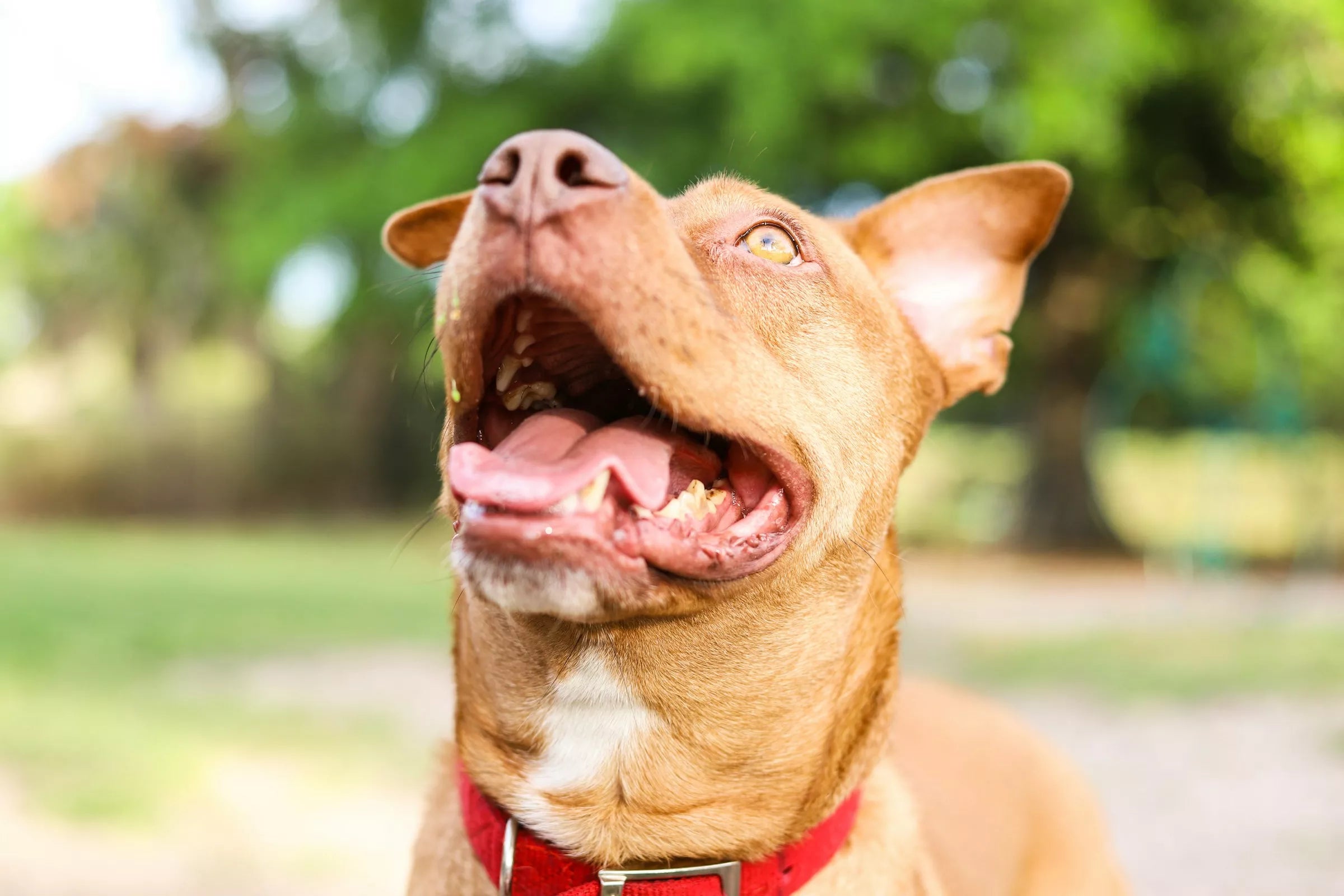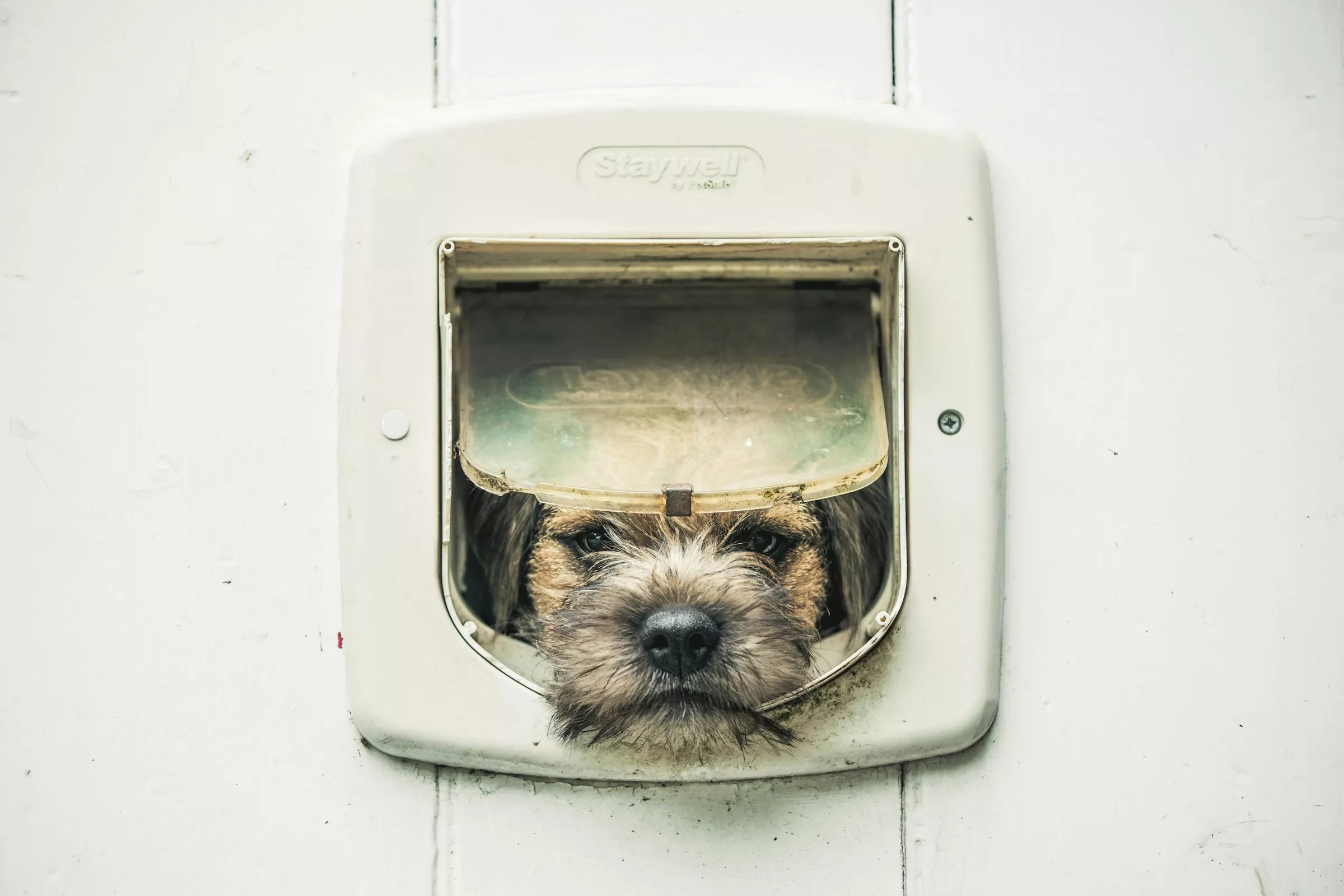Introduction
As a responsible dog owner, it's essential to ensure the well-being of your furry family member in every aspect, including their dental health. Dental disease is a common issue among canines and can lead to discomfort, pain, and even serious health complications if left untreated. In this article, we'll explore the importance of preventing dental disease in dogs and provide you with practical tips to maintain your companion's oral hygiene.
Understanding Dental Disease in Dogs
Before delving into prevention strategies, it's important to understand the common types of dental disease in dogs and the underlying causes.
Common Types of Dental Disease
The most prevalent dental conditions in canines include:
- Plaque and Tartar Build-up: Over time, bacteria in the mouth form a sticky film called plaque, which hardens into tartar if not removed regularly. Tartar accumulation leads to gum inflammation and can progress to more severe conditions.
- Gingivitis: Gingivitis refers to inflammation of the gums, typically caused by plaque and tartar build-up. It manifests as red, swollen gums and can cause pain and discomfort.
- Periodontal Disease: If left untreated, gingivitis can progress to periodontal disease, a more advanced condition that affects the tissues surrounding the teeth. It can lead to tooth loss, abscesses, and infections.
- Tooth Decay: Dogs can also experience tooth decay, which occurs when the enamel and dentin of the tooth deteriorate due to bacterial action.
Causes of Dental Disease in Dogs
Several factors contribute to the development of dental disease in canines:
- Poor dental hygiene and lack of regular oral care,
- Genetics and breed predisposition,
- Age and overall health,
- Diet high in carbohydrates and sugars,
- Lack of appropriate dental chew toys and treats.
Importance of Preventing Dental Disease
Maintaining your dog's oral health goes beyond just ensuring a sparkling smile. It plays a crucial role in their overall well-being and longevity. Here are some reasons why preventing dental disease is of utmost importance for your canine companion.
Impact on Overall Health
The health of your dog's mouth is directly linked to their overall health. Dental disease can have far-reaching consequences, affecting various organs and systems within the body. Bacteria from dental infections can enter the bloodstream and spread to vital organs like the heart, liver, and kidneys, potentially causing serious complications. By preventing dental disease, you're safeguarding your furry friend's general health.
Pain and Discomfort
Imagine experiencing a toothache or gum inflammation. It's an uncomfortable and painful ordeal, and the same applies to dogs. Dental disease can cause significant pain and discomfort, leading to behavioral changes, reduced appetite, and difficulty in eating or chewing. By prioritizing preventive dental care, you can spare your canine companion unnecessary suffering.
Signs and Symptoms of Dental Disease
Detecting dental disease early on is crucial for prompt intervention and treatment. Keep an eye out for the following signs and symptoms:
Bad Breath
Persistent bad breath, often described as "doggy breath," is a common indication of dental issues. If your canine companion's breath consistently has an unpleasant odour, it could be a sign of dental disease and should not be ignored.
Excessive Drooling
While some drooling is normal, excessive drooling can be a sign of oral discomfort. If you notice your furry friend drooling excessively, especially if it's accompanied by other symptoms, it's advisable to consult a veterinarian.
Difficulty Chewing or Eating
Dental disease can make it painful for dogs to chew their food or even eat altogether. They may show reluctance to chew on bones, toys, or hard treats they once enjoyed. If your dog seems to struggle while eating, it's essential to investigate the cause, including their oral health.
Yellowing or Stained Teeth
Healthy canine teeth should be clean and white. Yellowing or discolouration of teeth indicates the presence of plaque, tartar, or tooth decay. Regularly check your dog's teeth for any signs of discolouration.
Swollen or Bleeding Gums
Inflamed and bleeding gums are a clear indication of gum disease. If you notice redness, swelling, or bleeding in your dog's gums, it's crucial to address the issue promptly to prevent further deterioration.
Dental Care Tips for Dogs
Preventing dental disease in dogs requires a proactive approach and regular oral care. Incorporate the following dental care tips into your dog's routine to promote optimal oral health:
Regular Teeth Brushing
Brushing your dog's teeth is one of the most effective ways to remove plaque and prevent dental disease. Use a dog-specific toothbrush and toothpaste, and aim for a daily brushing routine. Start by gradually introducing your furry friend to the process, ensuring it's a positive experience for them.
Dental Chews and Toys
Invest in dental chews and toys specifically designed to promote oral health. These products help reduce plaque and tartar buildup while providing mental stimulation and promoting healthy chewing habits. Choose options approved by veterinary professionals and appropriate for your dog's size and age.
Healthy Diet and Nutrition
A balanced diet plays a vital role in maintaining your dog's oral health. Opt for high-quality dog food that promotes dental health, such as options that help scrape away plaque or contain ingredients beneficial for oral hygiene. Avoid sugary and sticky treats that can contribute to dental issues.
Professional Dental Cleanings
Regular professional dental cleanings by a veterinarian are essential for maintaining your dog's oral health. These cleanings involve scaling, polishing, and addressing any underlying dental issues. Your veterinarian will assess your dog's oral health, perform a thorough cleaning, and address any concerns or abnormalities. These cleanings should be scheduled as recommended by your vet, usually once or twice a year.
Regular Vet Check-ups
Routine visits to the veterinarian are essential for overall health, including dental care. During check-ups, your vet can examine your dog's teeth and gums, identify any signs of dental disease, and provide appropriate guidance and treatment. Regular check-ups help catch dental issues early on, preventing further complications.
Incorporating Dental Care into Daily Routine
Making dental care a part of your dog's daily routine ensures consistency and long-term oral health. Here are some tips to help you incorporate dental care into your canine companion's daily life:
Establishing a Teeth Brushing Routine
Start by introducing toothbrushing gradually, allowing your dog to get comfortable with the process. Use positive reinforcement, rewards, and praise to make it a positive experience. Brush your dog's teeth daily, focusing on all surfaces, including the gum line.
Choosing the Right Dental Products
Selecting the appropriate dental products is crucial for effective oral care. Use a dog-specific toothbrush with soft bristles and toothpaste formulated for dogs. Avoid using human toothpaste, as it may contain ingredients harmful to dogs. Consult your veterinarian for recommendations on dental care products.
Tricks to Make Dental Care Fun for Dogs
Engaging your dog in dental care activities can make the experience enjoyable for them. Here are some tricks to make dental care fun:
Positive Reinforcement
Reward your dog with treats, praise, and affection after each successful toothbrushing session or when they engage with dental chews and toys. Positive reinforcement creates a positive association with dental care and motivates your furry friend to cooperate.
Interactive Play and Treats
Incorporate interactive play and treats into your dog's dental care routine. There are toys available that are designed to promote dental health while providing entertainment. Additionally, consider using treats specifically formulated to support oral hygiene.
Common Misconceptions about Dog Dental Care
To ensure you have accurate information about dog dental care, it's important to address common misconceptions. Let's debunk a few myths:
Dogs Clean Their Teeth Naturally
Contrary to popular belief, dogs do not clean their teeth naturally. While chewing on appropriate items can help remove some plaque, it is not sufficient for complete oral care. Regular teeth brushing and professional cleanings are necessary to maintain optimal dental health.
Dental Treats Are Enough
While dental treats can contribute to oral hygiene, they should not be the sole focus of dental care. Dental treats should complement a comprehensive dental care routine that includes regular brushing, professional cleanings, and other preventive measures.
Age Doesn't Matter
Dental care is important for dogs of all ages. Puppies should be introduced to dental care early on to establish good habits, while senior dogs may require additional attention due to age-related dental issues. It's never too early or too late to start prioritizing dental care for your furry family member.
Conclusion
Preventing dental disease in dogs is crucial for their overall health and well-being. By understanding the common types of dental disease, recognizing the signs and symptoms, and implementing preventive measures, you can ensure your canine companion maintains a healthy and pain-free smile. Remember to establish a regular dental care routine, including daily teeth brushing, appropriate dental products, and regular veterinary check-ups. By prioritizing your furry friend's dental health, you are taking proactive steps to ensure their longevity and happiness.
FAQs
How often should I brush my dog's teeth?
Aim to brush your dog's teeth daily for optimal oral health. However, brushing at least three times a week can still provide significant benefits.
Can I use human toothpaste for my dog's teeth?
No, you should never use human toothpaste for your dog. Human toothpaste contains ingredients that are harmful to dogs if ingested. Use toothpaste specifically formulated for dogs, which is safe for them to swallow.
Are dental chews and toys effective in preventing dental disease?
Dental chews and toys can contribute to maintaining oral hygiene by reducing plaque and tartar build-up. However, they should be used in conjunction with regular teeth brushing and professional cleanings for optimal results.
My dog has bad breath. Does it always indicate dental disease?
Bad breath is often a sign of dental issues, but it can also be caused by other factors such as diet or gastrointestinal problems. If your dog has persistent bad breath, it's best to consult with your veterinarian to determine the underlying cause.
Should I consider anaesthesia for my dog's professional dental cleaning?
Anaesthesia is commonly used during professional dental cleanings to ensure the safety and comfort of your dog. It allows the veterinarian to thoroughly clean the teeth, perform X-rays, and address any dental issues without causing distress to your dog.















Share:
How Much Exercise Does My Dog Need?
How Often Should You Bath Your Dog?